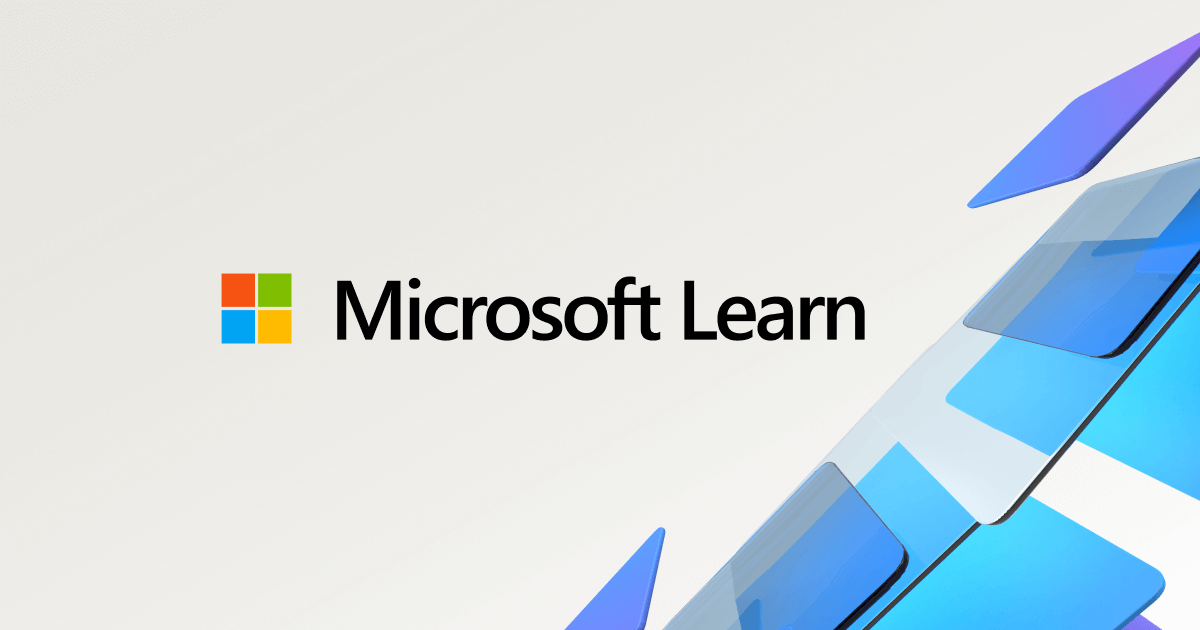britechguy
Well-Known Member
- Reaction score
- 5,082
- Location
- Staunton, VA
I had not even heard the slightest chatter that Microsoft was planning to extend Defender to the Android platform. Well, they have:
Microsoft Defender for Android on the Google Play Store
Microsoft Defender for Android on the Google Play Store

